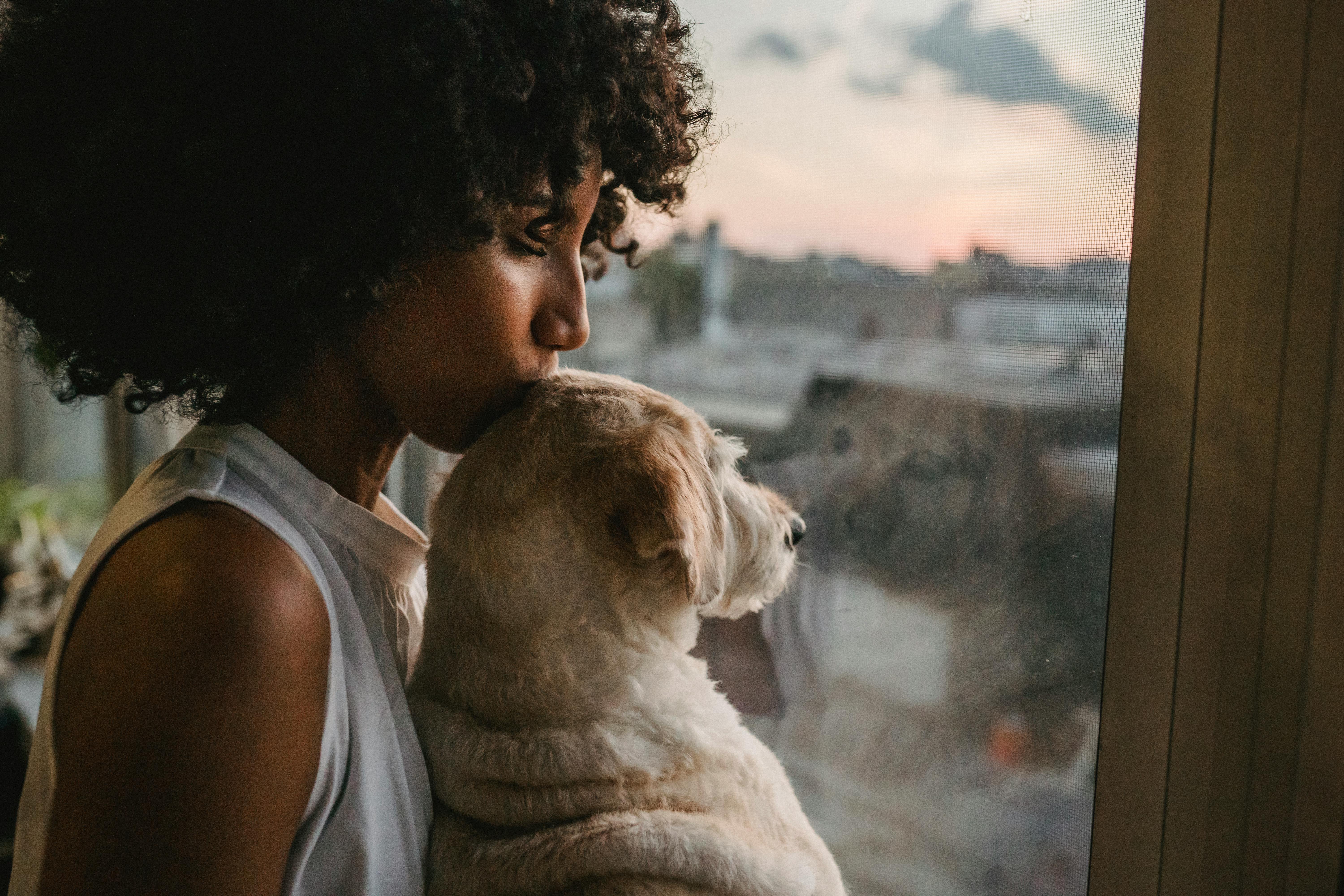What should you feed your piranha pets?
To some, that may seem like a no-brainer, feed them something, right? Not quite. Just like humans, you need to make sure your piranhas eat a balanced diet to ensure they stay healthy. Feeding them table scrapes is not recommended (which often happens).
Piranha feeding is not extremely complicated. The red-bellied piranha, for example, eats meat, so meat products should be an important part of its diet. But, you can’t just feed them meat all the time. It is important to switch with other types of food. Here is a list of piranha foods that have worked for me in the past and other popular suggestions I found on different forums:
* Frozen fish/seafood such as cod, salmon, tuna, catfish, shrimp, krill, mussels and squid. You can buy them in pre-made cubes that you keep in your freezer, or make your own.
* Food in pellets such as Hikari Gold or Hikari Cichlid Bio Gold.
* Small pieces of vegetables like celery, cucumbers, and peas (some prefer shelled, others shelled) can be a good addition to your diet.
* Pinkie mice.
* Live feeders.
Important: Please note that there is a lot of debate about the latter. Many people believe that it is okay to feed live fish (minnows, tetras, etc.) to piranhas, while others believe that you should never do so. The main reason is that live feeders are prone to disease which can then be transferred to your piranhas. One way to help with this problem is to quarantine live feeders in a separate aquarium for a few weeks before introducing them to piranhas. This will not completely eliminate the risk of disease, however it will help.
How often do I feed them?
This is a very good question. The general rule of thumb is that young piranhas should feed 2-3 times a day, while adult piranhas should feed once every other day. It is highly recommended that you clean up leftovers 4-5 hours after you have finished eating. If you don’t, the food will rot and contaminate the water, making your aquarium maintenance job that much more difficult. Doing this will ensure that you are not constantly doing water changes.
One more thing to keep in mind is that when you first get your piranhas, they may refuse to eat. This is common. Sometimes they only need a few days, even a week, to adjust to their new surroundings. The same goes for the introduction of new foods.
